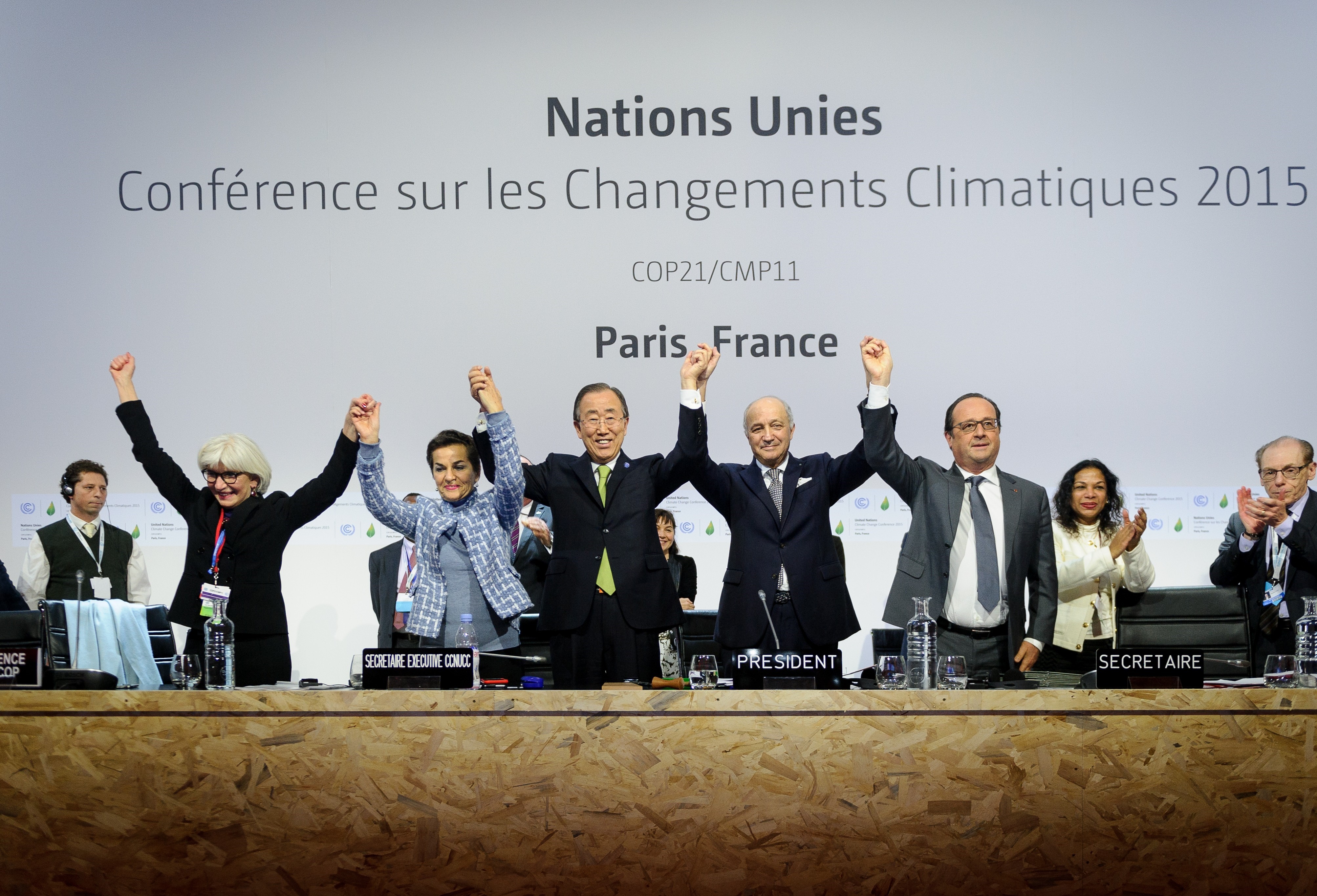To understand how blockchain and other decentralized technologies can create more sustainable models and aid purpose-driven social impact businesses, we need to be willing to redefine our concepts of business, community and value itself.
Challenging Business And Community Paradigms
In our current paradigm, economic issues and social issues are viewed as separate and distinct. Business is the pursuit of profit by corporations and value is accrued to something only when it has a customer. Communities are typically groups of individuals, public servants or non-profits that place value on a common interest. We don’t think of businesses as communities or communities as businesses and a social cause like climate change, which has no customer or a profit seeking motive, has little recognizable business value.
What if, however, we redefined business as the creation of value in context of community interest? What if value were accrued to anyone advancing that community’s interest? In this sense, solving climate change is doing business. Governments and NGOs become social impact businesses. Volunteers become social entrepreneurs and corporations become public servants.
Blurring Economic And Social Issues With Blockchain
One of blockchain’s defining characteristics is its ability to blur the lines between economic and social issues by creating cryptocurrency tokens that are meant to be exchanged in context of a specific purpose. For example, an ecosystem of individuals, governments, NGOs and corporations could self organize and operate a sustainable business model for solving climate change. Here’s one way this could happen.
An ecosystem founded by the 194 countries signing the Paris Climate agreement forms with the purpose of reducing atmospheric carbon levels. The ecosystem mints tokens to encourage actions that create measurable improvement in carbon levels. Governments accept payments in tokens and support them as a legal means of exchange between business and customers. Actions that reduce carbon dioxide are now valuable as they are redeemable for tokens. Governments incent actions that reduce or avoid carbon levels by setting up token bounties claimable by anyone.
Tokens Incent Everyone To Make An Impact

Businesses and entrepreneurs earn tokens when they innovate carbon negative or neutral products and services or reduce their carbon footprints. Likewise, individuals reducing their carbon impact by driving an electric vehicle or living in a passive solar home, for example, earn tokens that can be used to purchase products from social impact businesses. Tokens could also be used for other climate related initiatives like carbon trading or carbon credit programs aimed at discouraging carbon emissions.
For the ecosystem to award tokens, an action’s impact must be estimated and verified. NGOs, who are experts at measuring impact, could work with governments and researchers to suggest the highest earning actions to guide people and businesses. To verify actions, bonded validators earn tokens by recording attestions to the validity of an action on the blockchain. Attestations then trigger the automated distribution of tokens which would be linked to the validator evidence, providing transparency around the use and impact of government bounties.
Redefining Business In Context of Social Purpose
By redefining business value in context of social issues, decentralized technologies like blockchain can create new social economies that fund social causes, stimulate social innovation and enable individuals to make a living through social impact.
If this topic interests you, please see our detailed model and explanation of how blockchain can accelerate social impact. We’ll illustrate the flexibility of the model through a water conservation example and share several use cases for sustaining our water commons.

